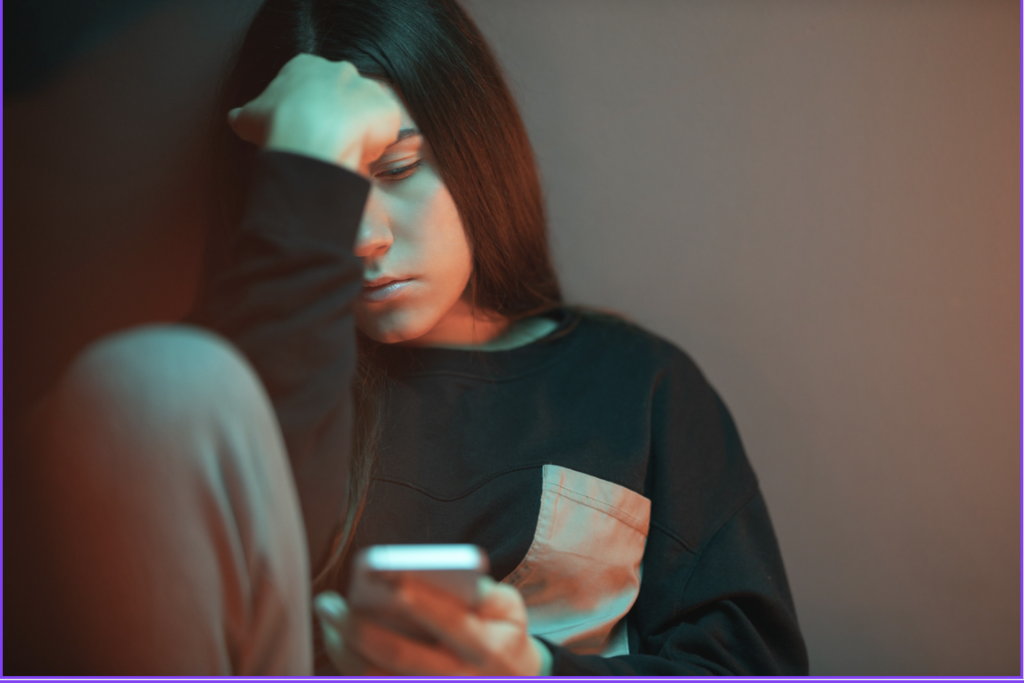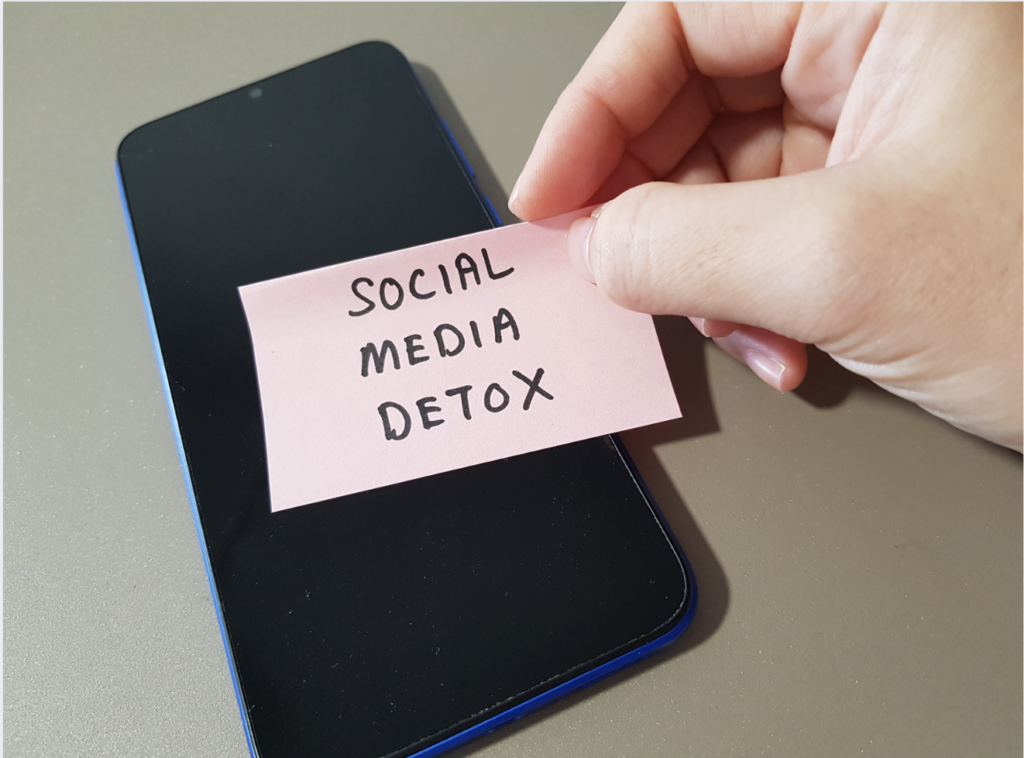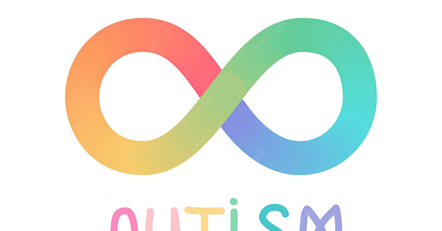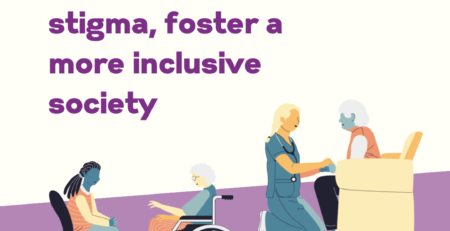Introduction
In the digital age, social media platforms have become an integral part of our daily lives, offering connection, information, and entertainment. However, for some, these platforms can become a source of addictive behaviours, causing negative consequences in various aspects of life. To delve into the psychological factors that contribute to this addiction, we need to explore why people turn to social media, how it serves as an escape, and the pressures surrounding conformity, popularity, and FOMO (Fear of Missing Out). We will examine what classifies as addictive behaviour, differentiate it from healthy social media use, and discuss the diagnosis and treatment of social media addiction.
Why Do People With Mental Health Issues Turn to Social Media?
Mental health issues, such as anxiety and depression, often lead individuals to turn to social media as a coping mechanism. Research suggests that the anonymity and distance provided by online platforms allow individuals to express themselves without the fear of judgement or stigmatisation. Social media can offer a sense of community and support, especially for those who may feel isolated in the physical world and may feel they have no access to any supports.
One study published in the Journal of Abnormal Psychology found that individuals with depression and anxiety symptoms tend to use social media more frequently. Research by Primack et al. (2017) found that people with depression symptoms may use social media to seek support, distraction, or as a means to reduce feelings of loneliness. These platforms provide a space for self-expression and connection, which can be especially appealing to those struggling with their mental health.
The ‘Escape’ and Addiction Connection
Many people view social media as a means of escape from the stresses and challenges of daily life. It offers a virtual world where users can momentarily distance themselves from their real-world problems. Research by Andreassen et al. (2016) suggests that excessive social media use can be an escape from life’s stresses, allowing individuals to detach from their worries and temporarily feel better. Having a ‘reprieve’ from the hustle and bustle of one’s world is completely normal and healthy. However, it is more about the degree with which time is spent and how frequently people engage in taking time out to view social media that it can then become problematic. The rewarding nature of social media engagement, such as likes, comments, and shares, reinforces this escape behaviour, making it more addictive.
The Pressure to Conform and Fit In
Social media platforms are often rife with pressure to conform to certain expectations, whether in terms of appearance, lifestyle, or achievements. The fear of missing out (FOMO) on the latest trends and lifestyles can drive individuals to engage with social media excessively. Younger people tend to be more influenced by these pressures, as understandably, it’s human nature to desire ‘fitting in’ . A study by Appel et al. (2016) discovered that the pressure to conform to these expectations can lead to addictive behaviours. People may become obsessed with their online image and status, perpetuating their use.
Desire for Popularity and Conforming to Norms
The desire for popularity and the need to conform to societal norms are ingrained in human nature. Social media platforms amplify these desires by providing platforms for self-presentation, validation, and social comparison. For those people who already feel anxious, adrift, social media can inadvertently aggravate symptoms as a result of feeling/believing they are not ‘living up to societal norms’ as portrayed online. A study in the journal Computers in Human Behaviour found that individuals who seek popularity and validation through their online presence are more likely to exhibit addictive social media behaviours. This constant craving for validation can become a compulsive habit, driving individuals to check their social media accounts repeatedly.

Popularity and Trends
The fear of not being updated on popular topics and trends can intensify addictive behaviours. Social media’s constant stream of information, updates, and trending content makes it challenging for users to unplug, resulting in a fear of missing out. This FOMO drives users to stay glued to their screens, contributing to addiction.
Self-Perception and Social Media Use
The relationship between self-esteem and social media addiction is complex. Some people with negative self-perceptions may use social media to escape from their reality and seek validation. Conversely, those with high self-esteem may be drawn to social media to reinforce their self-image and seek admiration. Research by Casale et al. (2016) highlights this dual role of self-perception in social media addiction.
Addictive Behaviour vs. Healthy Use
To distinguish addictive behaviour from healthy social media use, certain criteria can be considered. The American Psychiatric Association (APA) suggests that addictive behaviour involves preoccupation with social media, withdrawal symptoms when not using it, unsuccessful attempts to cut back, and a negative impact on one’s personal and professional life. Healthy use, on the other hand, maintains a balance without these detrimental effects.
Social Media Addiction vs. Other Addictions
Social media addiction is often compared to traditional addictions like drugs and alcohol. While there are similarities, it is crucial to recognize that social media addiction does not involve substance abuse. When an individual falls into the grip of social media addiction, their primary focus shifts towards this addictive source. Vital aspects of life, including sleep, nourishment, and personal hygiene, often take a backseat. Beloved pastimes like playing soccer or enjoying quality time with loved ones become secondary. This is unfortunate as people are then missing out on valuable opportunities to decompress, ‘let off steam’, interact with friends F2F, exercise, and most importantly have fun – all important protective factors in maintaining mental well-being.
Furthermore, when the addictive source is suddenly removed, it tends to provoke intense and adverse emotional responses.
The American Society of Addiction Medicine (ASAM) explains that both substance addictions and behavioral addictions, like social media, impact the brain’s reward system. However, the consequences and treatment approaches differ.
Neurological Processes and Social Media
Engaging in social media triggers specific neurological processes. The brain’s reward system, including the release of dopamine, is activated when we receive likes, comments, or messages on social media platforms. This pleasurable feeling can reinforce addictive behaviours, as users seek to replicate the sense of reward by repeatedly checking their accounts.
Diagnosis and Treatment
The issue of being addicted to screens / social media is complicated. Ordinarily, behavioural addictions aren’t considered applicable to children under the age of 12. This is due to the fundamental nature of addiction, which relies on two crucial elements. First, the individual must possess the insight to recognise the problematic aspects of their behaviour, which requires a relatively sophisticated level of self-reflection. Second, the person should have the cognitive maturity and capability to exercise control over their behavioural responses.
To put it differently, young children might have tantrums when asked to disconnect from a device, and we wouldn’t categorise this as indicative of addiction.
In contrast, when a teenager, such as a 16-year-old, with a more advanced capacity for self-reflection and self-regulation, reacts in the same manner, it signifies something quite different.
So, before you assume your loved one has a social media addiction you need to assess its impact on their life and consider the aforementioned criteria. If the result is affirmative – that your loved one likely has an addiction, the treatment can vary in intensity based on severity. Mild cases may benefit from self-monitoring and setting boundaries – like a family media plan, while severe cases may require professional help, including cognitive-behavioural therapy or counselling.
Conclusion
Excessive social media use and the resultant addiction have become increasingly prevalent in our interconnected world. The psychological factors contributing to this phenomenon are multifaceted and complex, involving mental health, escapism, societal pressures, the desire for popularity, FOMO, and self-perception. To differentiate between healthy and addictive social media use, it is vital to consider criteria and consequences. While social media addiction shares some commonalities with other forms of addiction, it is essential to acknowledge the distinctions and adopt appropriate treatment approaches. Understanding the brain’s involvement in social media engagement helps us comprehend the addictive nature of these platforms. By delving into these psychological factors, we can develop a better grasp of social media addiction and explore strategies to address and prevent it.
If you find yourself worried about your family’s digital media consumption, we strongly advise creating a family media plan. Additionally, you can schedule a consultation with your family physician or a psychologist to openly address and discuss your concerns. 😊















